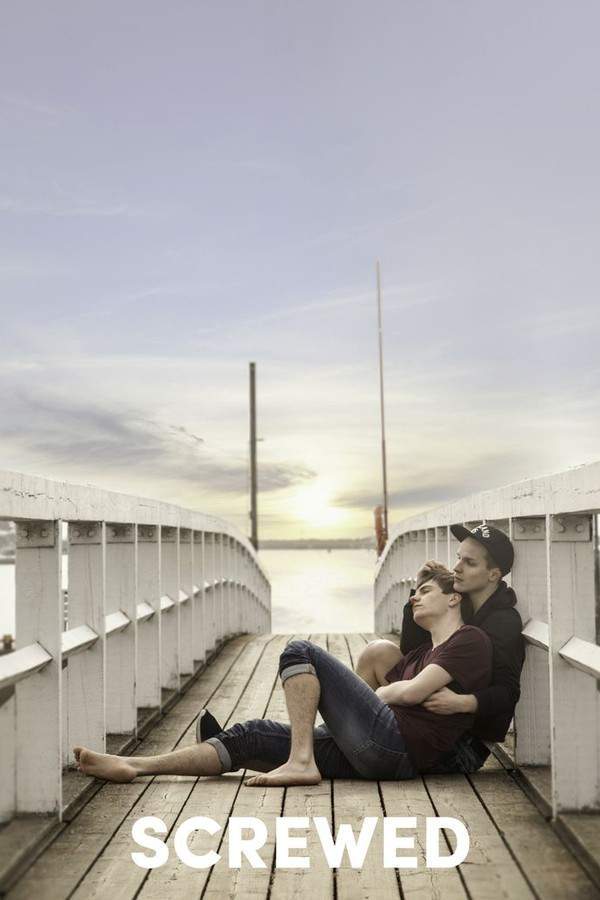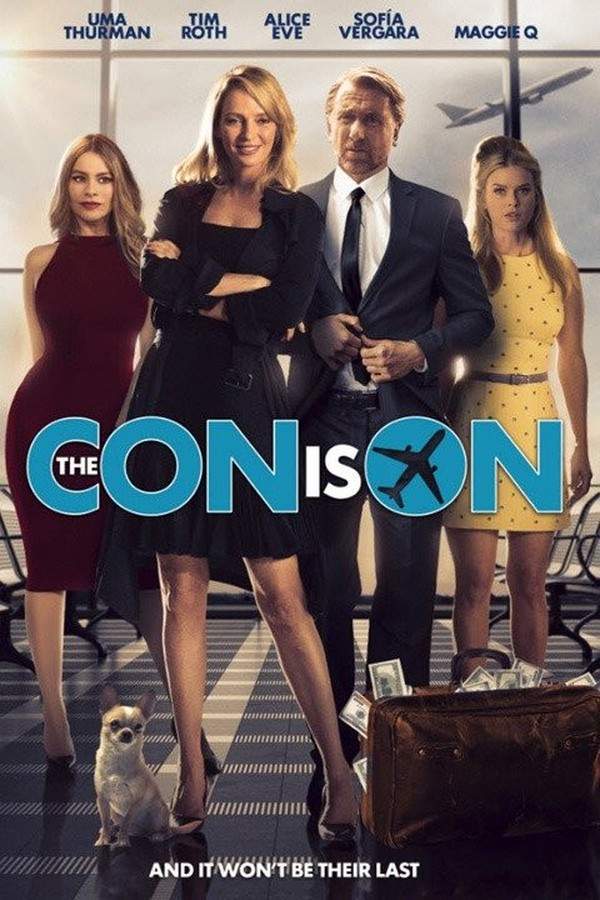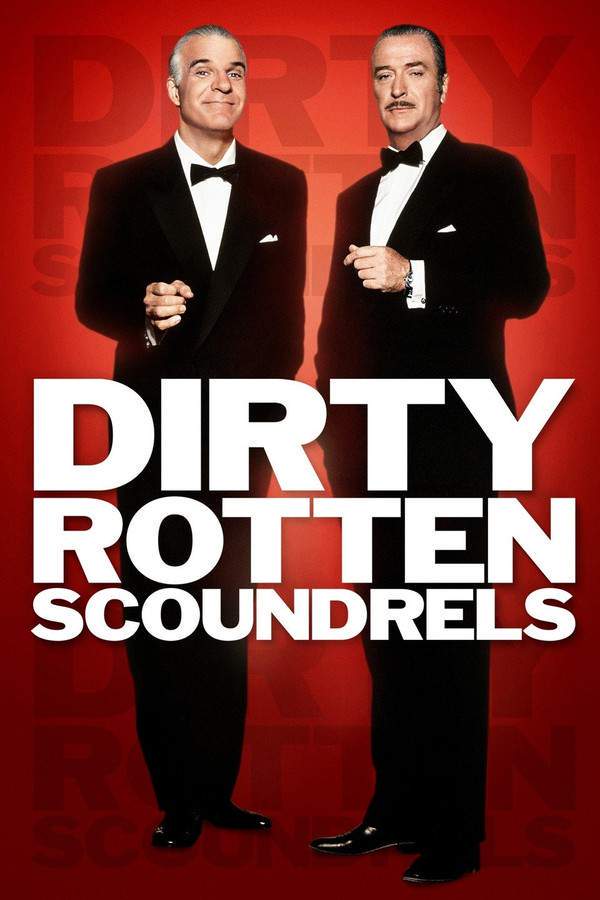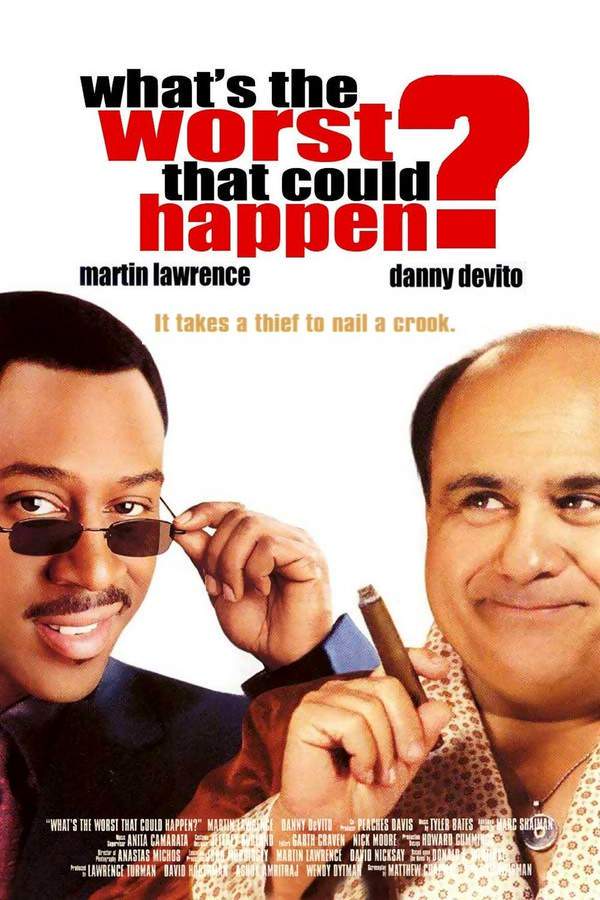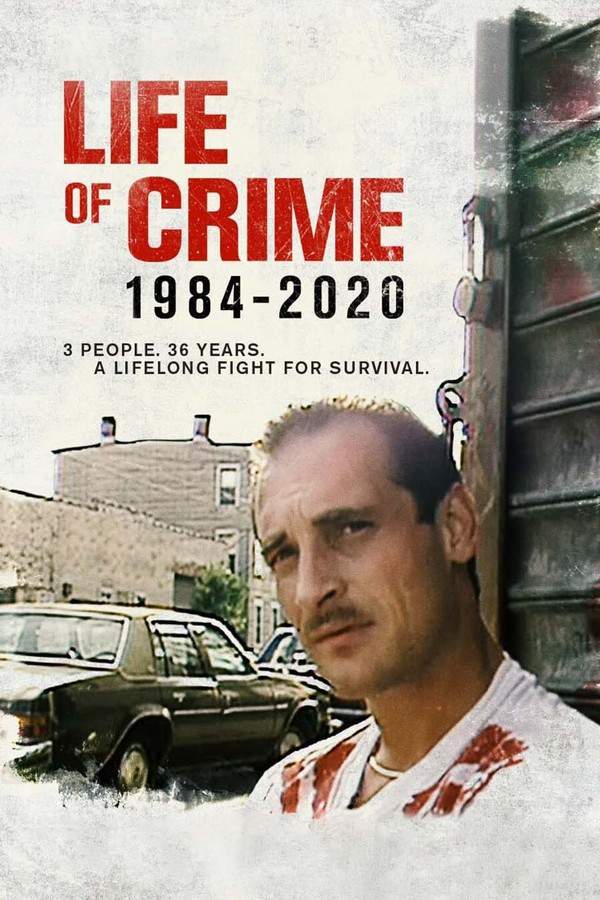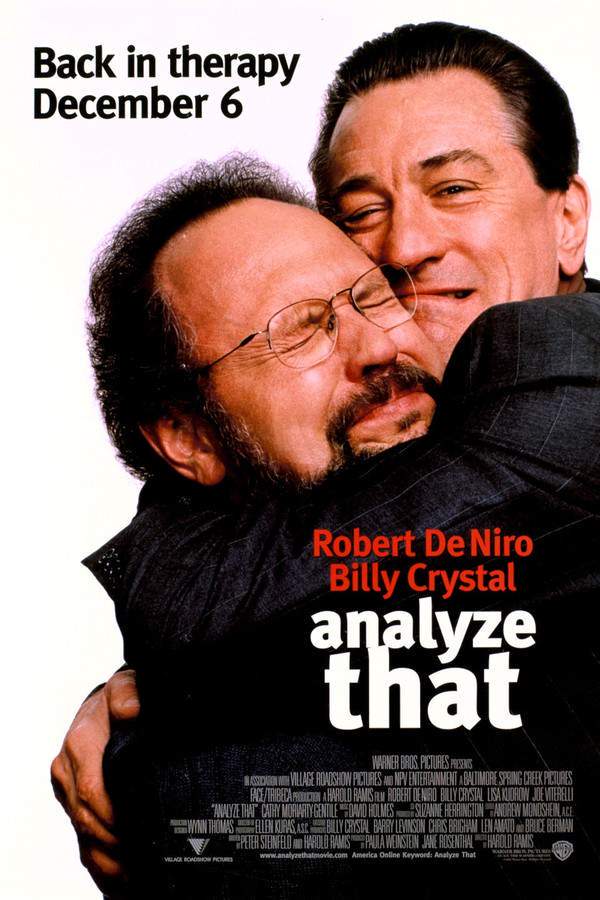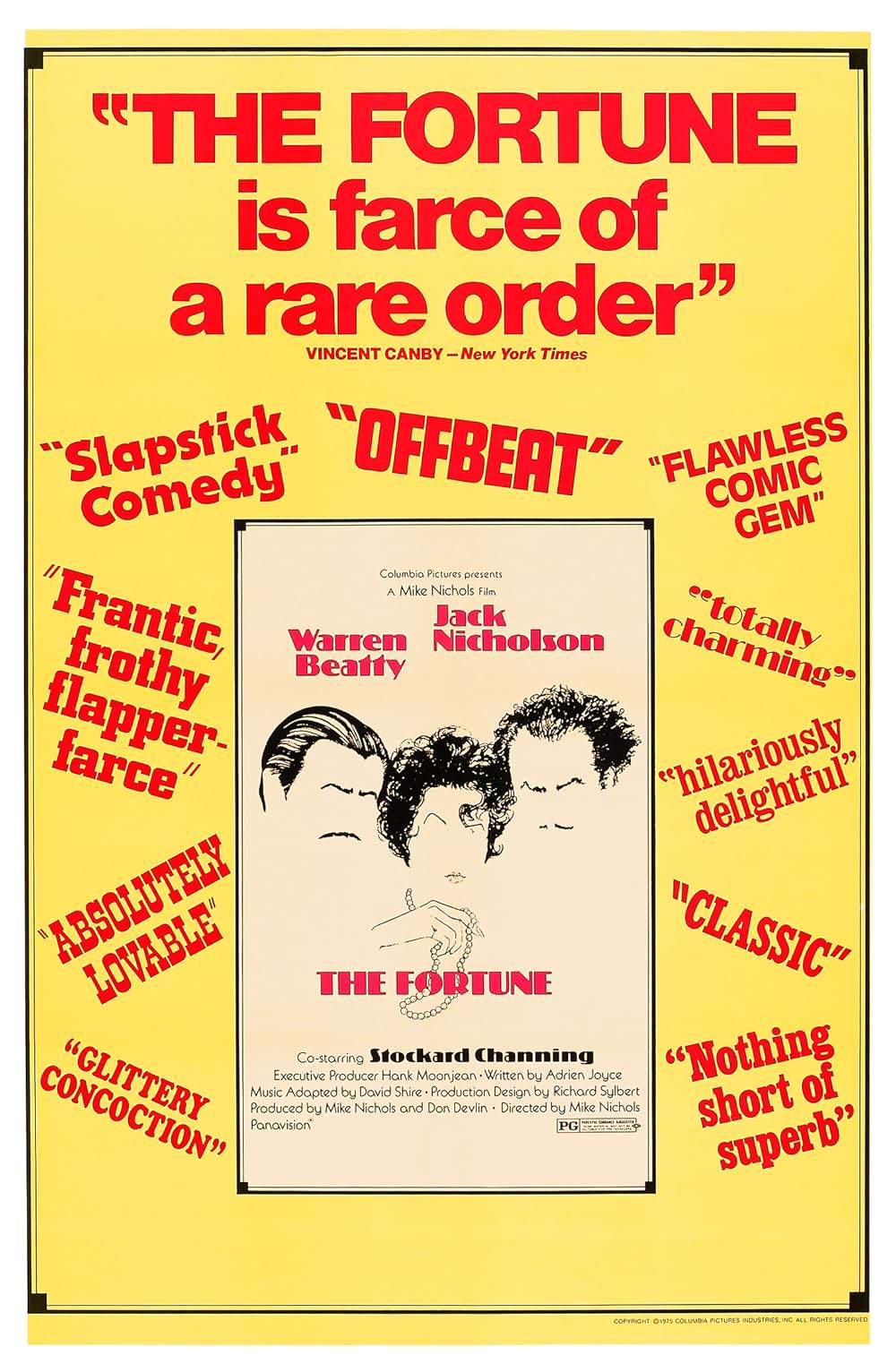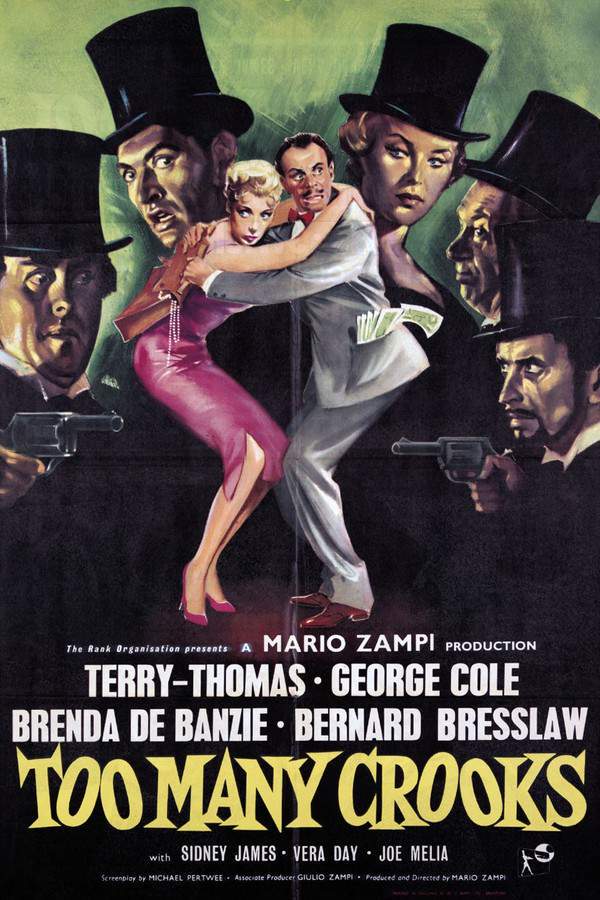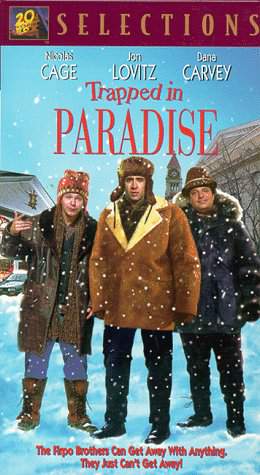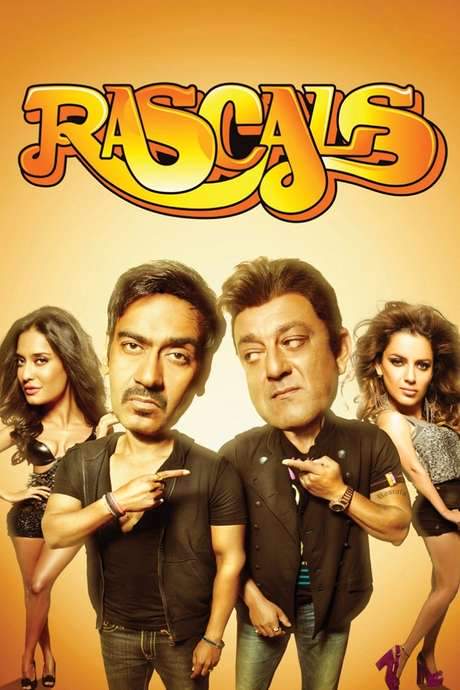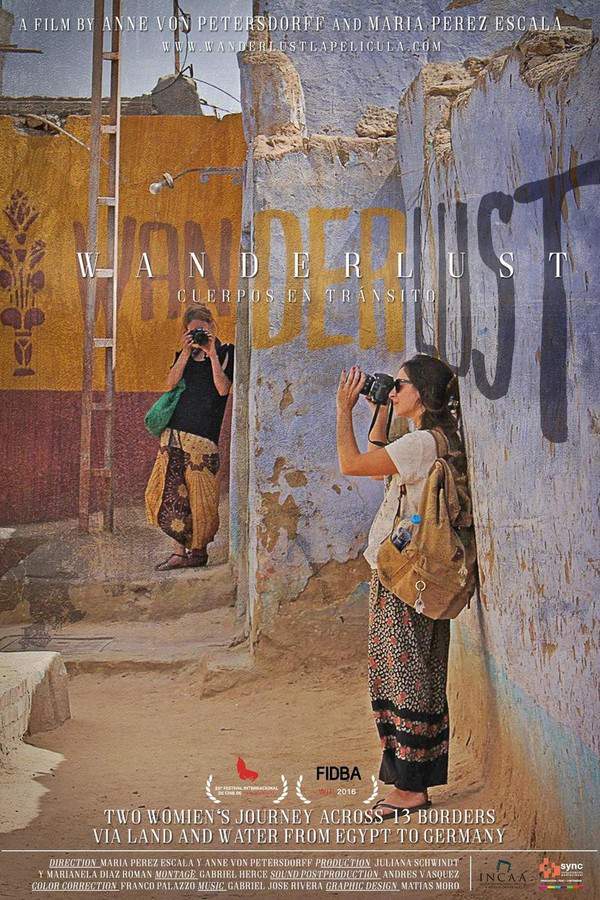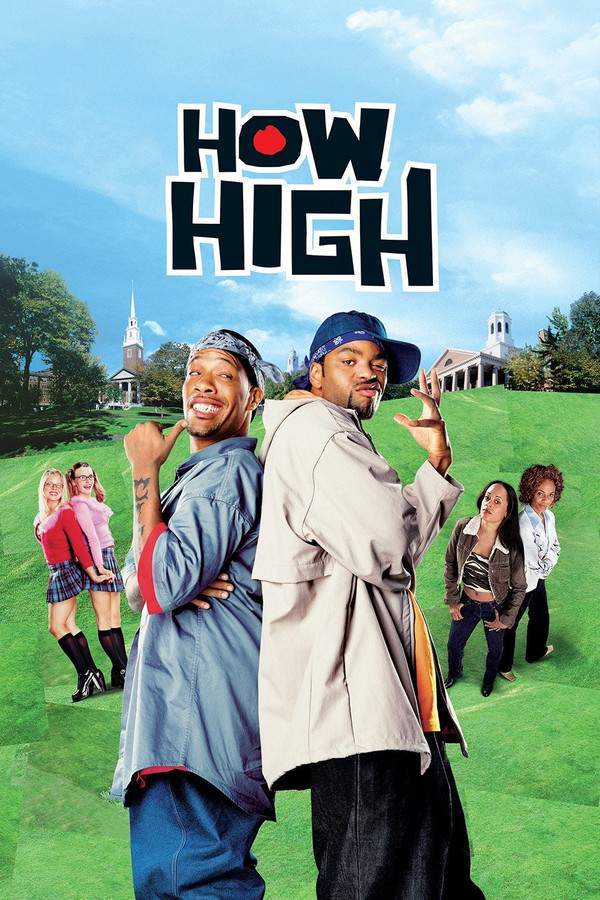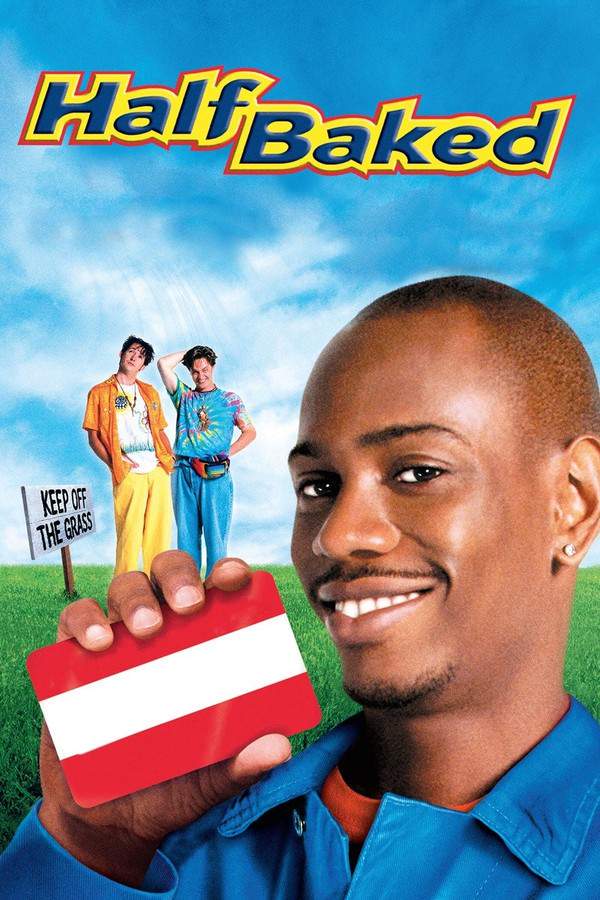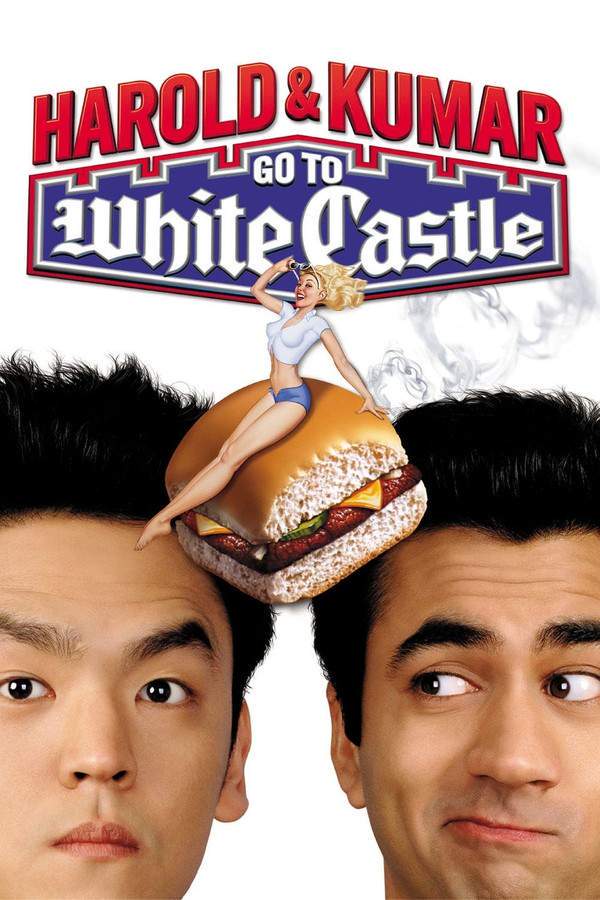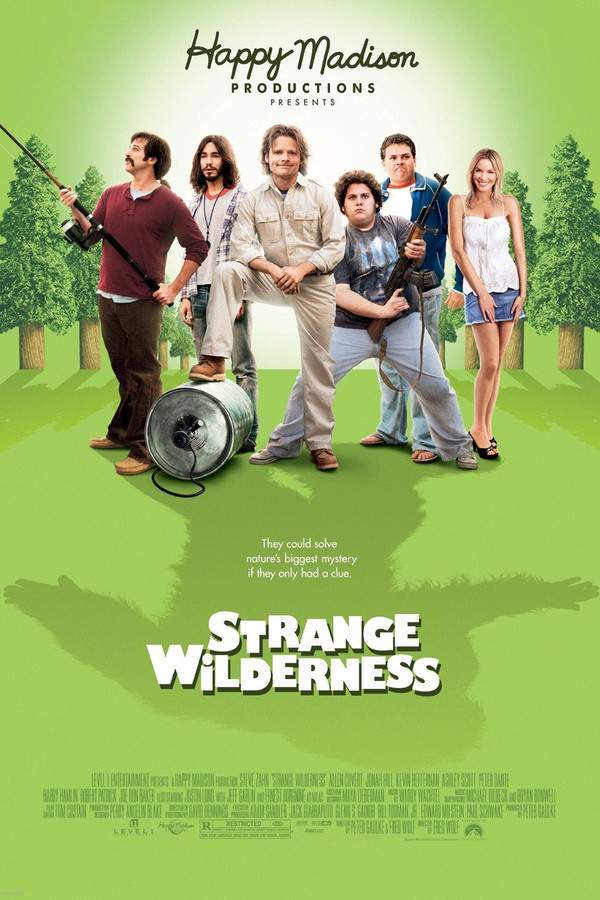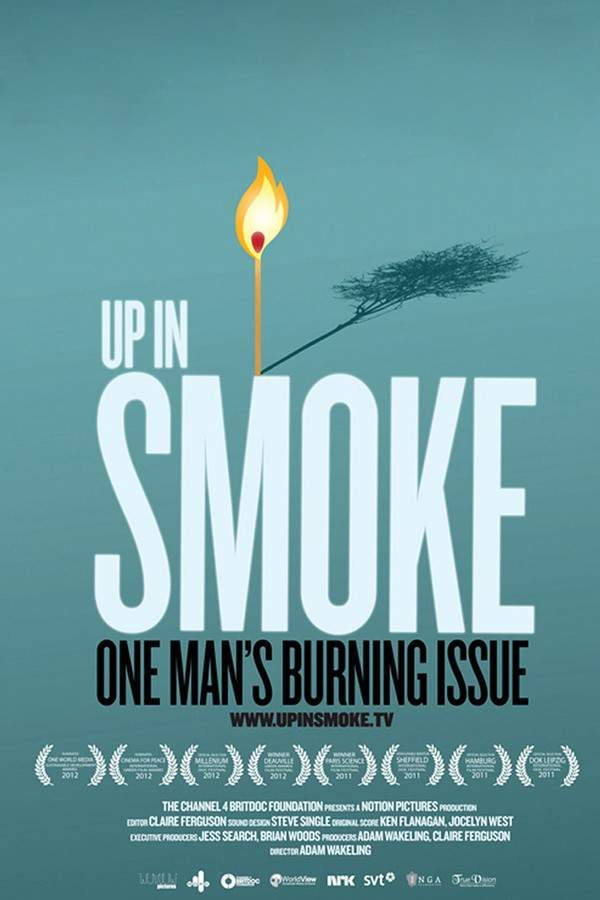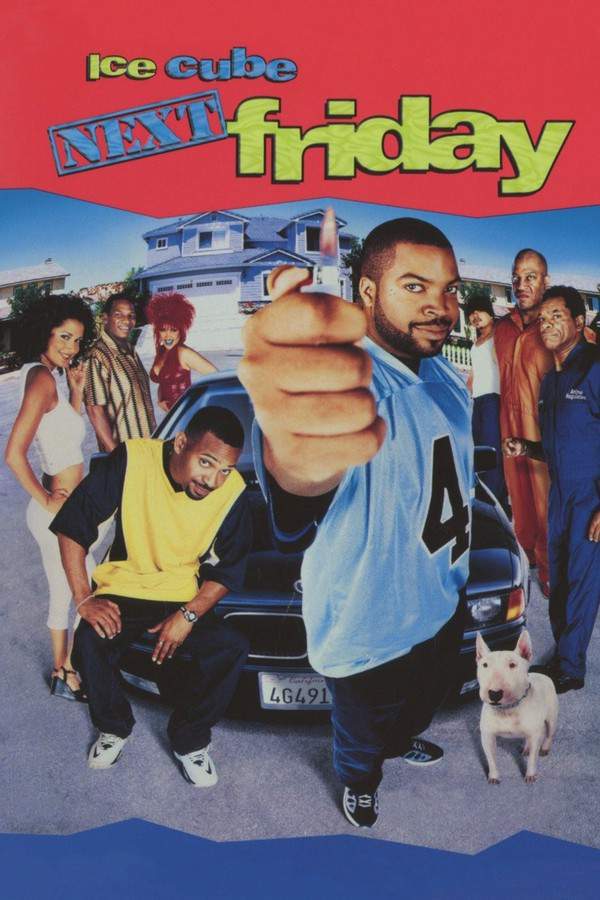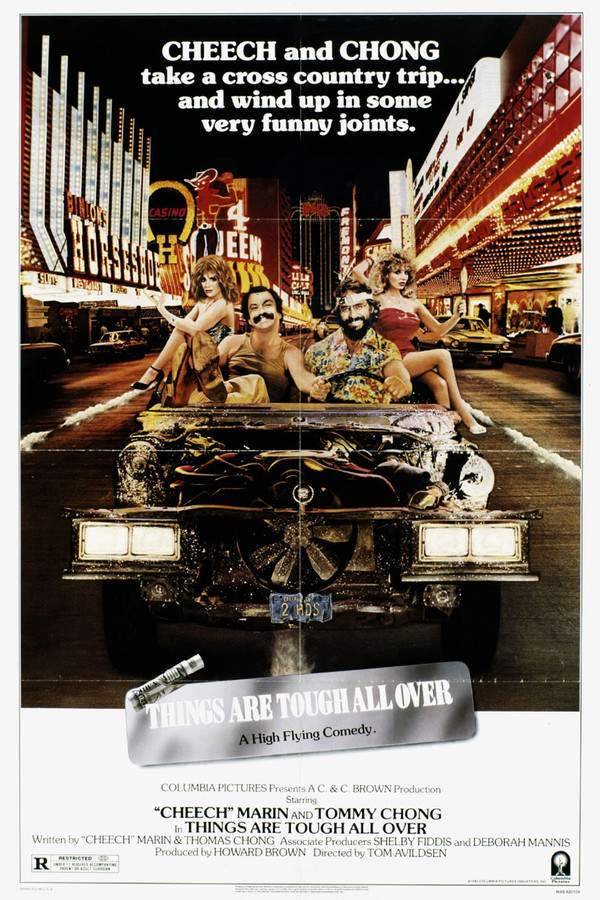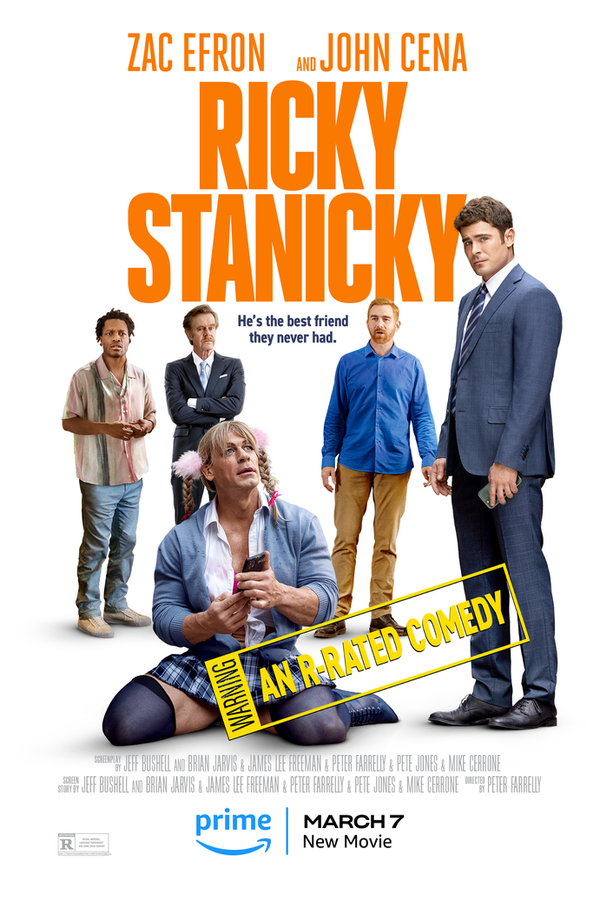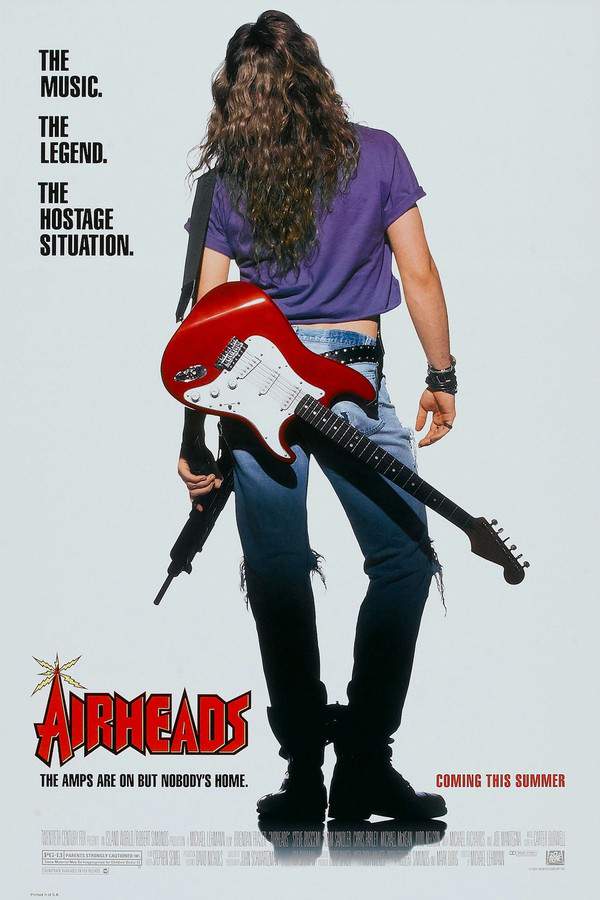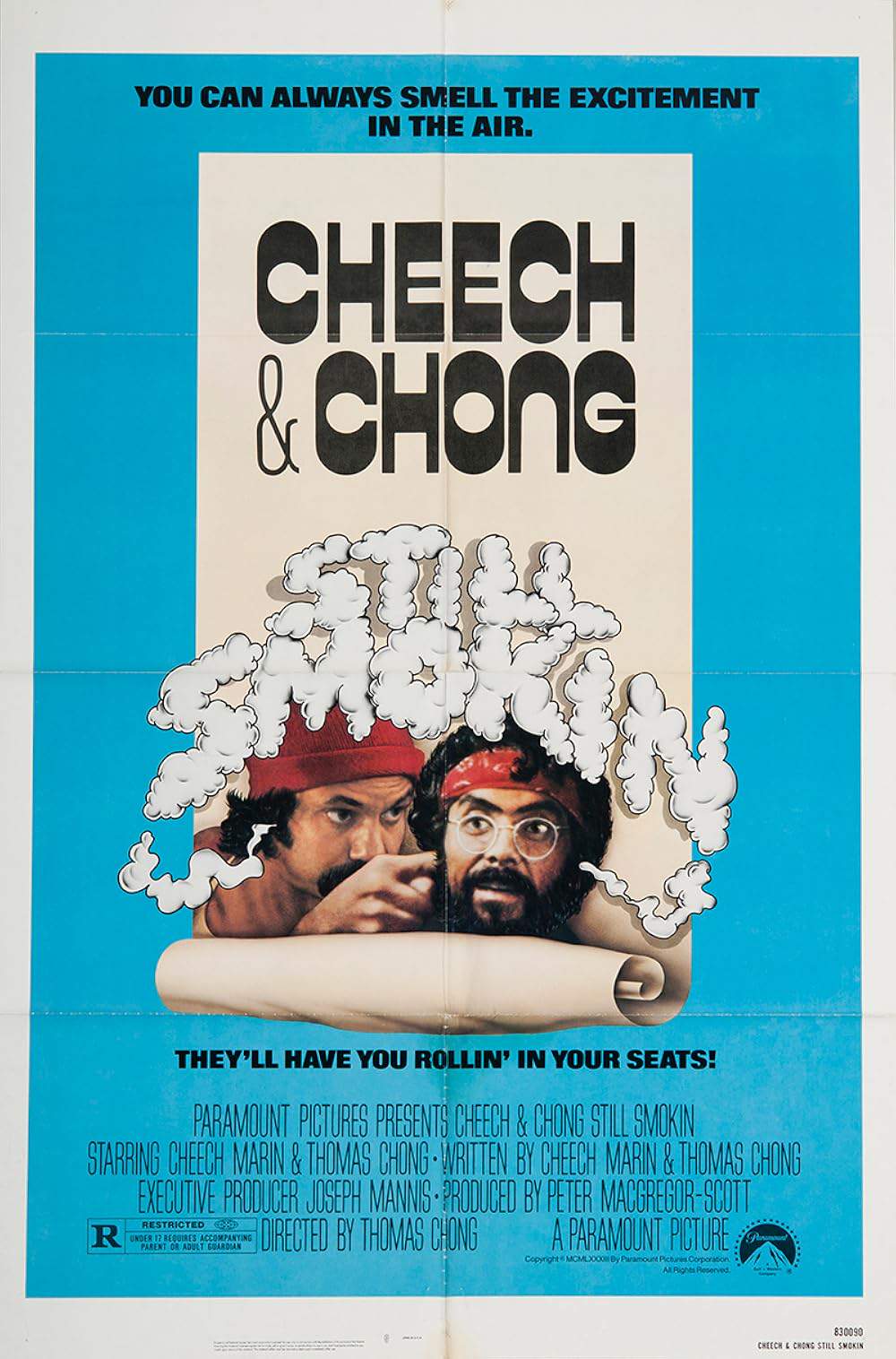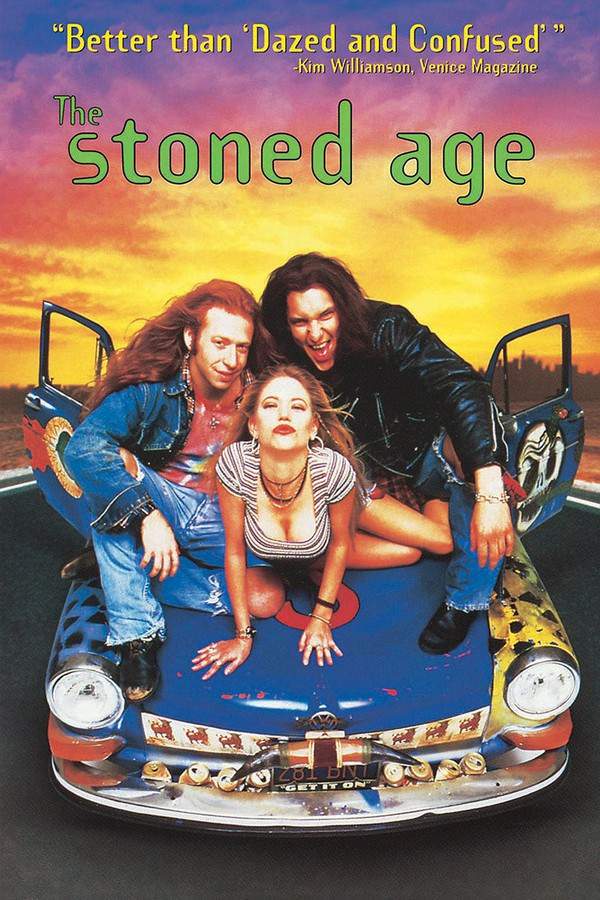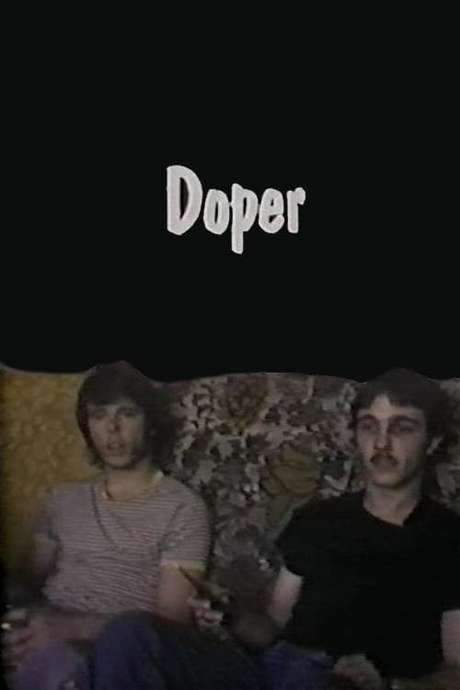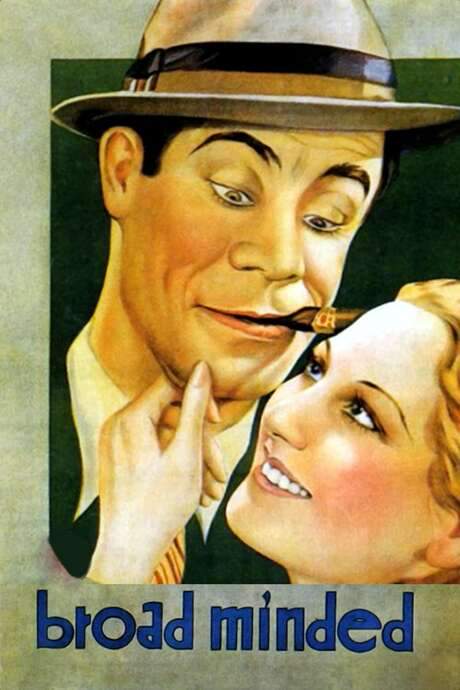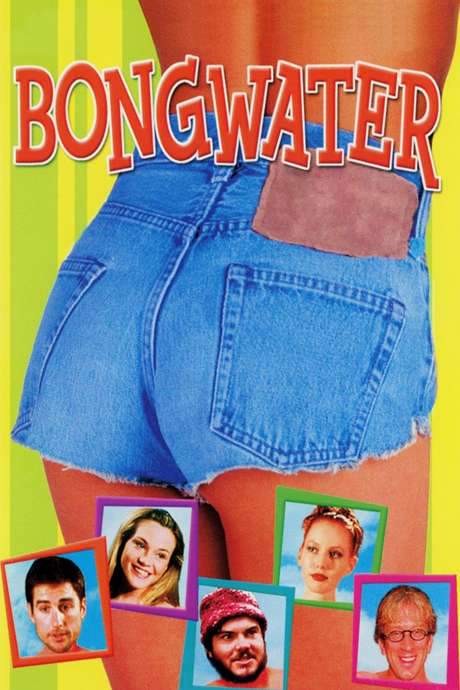
Puff, Puff, Pass
Year: 2006
Runtime: 94 mins
Language: English
Danny Masterson (TV’s ‘That ’70s Show’) heads an off‑beat comedy ensemble as two well‑meaning stoners, freshly out of rehab, become entangled in a botched con against a shady figure known as Mr. Big. Their misguided attempts at pulling off the rip‑off fuel a series of chaotic, laugh‑filled mishaps.
Warning: spoilers below!
Haven’t seen Puff, Puff, Pass yet? This summary contains major spoilers. Bookmark the page, watch the movie, and come back for the full breakdown. If you're ready, scroll on and relive the story!
Puff, Puff, Pass (2006) – Full Plot Summary & Ending Explained
Read the complete plot breakdown of Puff, Puff, Pass (2006), including all key story events, major twists, and the ending explained in detail. Discover what really happened—and what it all means.
Dick Dupre (parody of Don Lapre, played by John C. McGinley) opens the movie with a loud, glossy infomercial that immediately catches the eye of two distinct dreamers: Larry (Danny Masterson) and Rico (Ronnie Warner). These two stoners share a cramped one-room apartment and, after swallowing the hype of the pitch, decide to launch a “tiny classified ads” business. The running gag lands early and sticks like a badge: whenever they explain their new “business,” someone asks, “Ads for what?” and they reply with a confident wink, “That’s not the point! It’s complex,” or “The ads themselves… they generate income.” The humor lands in a way that blends clueless ambition with stubborn optimism, giving the film its playful heartbeat.
Their misadventure truly begins when the landlord, Lance (Jonathan Banks), locks them out for being late on rent. With no apartment and little money, the duo scrambles to catch a single thing they care about: The Shawshank Redemption, streaming on TNT in a 24-hour marathon. In a moment of despair, Larry, who has a stubborn car that won’t start, convinces Rico they’ve hit rock bottom and must seek rehab. The lure of basic cable and a new, supposedly clean slate proves irresistible, and Rico agrees to tag along.
Rehab becomes a comic clash of cultures. Larry and Rico find themselves out of place among hard-core addicts and stiff counselors, and to make matters more tangled, the rehab brochure proves to be a sham. They discover they’ve been promised eight channels, not the TNT marathon they hoped for. The night unfolds with typical mischief: the pair bungle around the facility, share impulsive one-night stands with the residents’ women, and end up getting kicked out in short order. Their misfit energy and relentless chatter still mask a real hunger for a better break, a longing that will push them toward a dangerous, moneyed opportunity.
That opportunity arrives when they seek out Big Daddy (Mekhi Phifer), a well-connected but shady figure whose wealth is tied to a high-stakes investment in beachfront property in Nicaragua. Big Daddy sees through their gullibility and believes they’re a setup for a bigger score with his latest plan. The mastermind behind the money, a flashy but anxious buyer named Ice Killa—Cool Crush Ice Killa (Terry Crews)—is ready to meet at a bus station with a load of cash, hoping to seal a deal for a precious collection of antique Indian Head pennies. The coins, however, are forgotten in Larry’s car, and what should be a simple handoff spirals into a frantic chase, with Ice Killa haunted by an unlikely fear of dogs.
The chase threads back to Big Daddy’s world, where the tension peaks: Ice Killa’s presence, Elise’s (Ashley Scott) web of schemes, and Big Daddy’s own tangled motives collide. The realization hits that Elise and Ice Killa were attempting to double-cross them all along, throwing Larry and Rico into a game where trust is scarce and the stakes are high. In a pivot, Big Daddy offers Larry and Rico a different kind of job—working for him in Nicaragua, leveraging a supposedly lucrative beachfront project. The deal echoes the infomercial world that started it all, a flashy promise wrapped in risk and money.
At the airport, a familiar face reappears in a way that blurs lines between scam and salvation: Dupre shows up again, pushing his grandiose pitch into their orbit once more. The film crescendos with a return to the infomercial glamour, this time starring Dupre, Larry, and Rico in a new, self-referential pitch that hints at fortunes—real or imagined—being broadcast to the world. Back at the apartment, the story resets with a twist: two fresh stoners, Jaleel White and Paulo Costanzo, are being berated by Lance for late rent, while Larry and Rico pop up on the TV, hawking their Nicaragua dream as if nothing could go wrong. The crowd on the screen cheers them on with a chorus of “Nicaragua!” fueling the final, almost delirious beat. In disbelief, Lance ends the night by taking a hit from their joint, sealing the film’s spiraling humor and its echo of wishful thinking.
Ultimately, the film is a boisterous, offbeat look at two friends who chase a bigger score through a string of misfires, scams, and improbable luck. It delivers a blend of spoof-inflected charm, neon-soaked infomercial energy, and a stubborn belief that every setback can be spun into a new, shiny opportunity. The characters—ranging from the slick-eyed Dick Dupre to the ambitious Big Daddy and the endearing-but-flawed duo of Larry and Rico—cohere into a cheeky, genre-twisting comedy that reverberates with its own brand of hustle and humor.
Last Updated: October 14, 2025 at 04:07
Explore Movie Threads
Discover curated groups of movies connected by mood, themes, and story style. Browse collections built around emotion, atmosphere, and narrative focus to easily find films that match what you feel like watching right now.
Chaotic Con Movies Like Puff, Puff, Pass
Well-intentioned but clueless characters spiral through a high-stakes hustle gone wrong.If you enjoyed the botched schemes and frantic energy of Puff, Puff, Pass, you'll love these movies. This list features comedies where clueless characters get in over their heads with a get-rich-quick plot, leading to a series of laugh-filled misadventures and chaotic pursuits.
Narrative Summary
The narrative follows a predictable but entertaining arc: a seemingly simple con is hatched, but the incompetence of the protagonists quickly turns it into a complex web of lies and close calls. The plot is driven by a fast-paced sequence of errors, double-crosses, and escalating stakes, all while maintaining a lighthearted tone.
Why These Movies?
These films are grouped by their shared focus on the comedy of errors that arises from flawed plans and overconfident, yet likable, characters. They blend a mischievous spirit with fast-paced action and a tone that never takes the consequences too seriously.
Stoner Comedies with a Playful Vibe Like Puff, Puff, Pass
A series of absurd escapades fueled by clueless optimism and a laid-back attitude.Fans of the hazy, optimistic hijinks in Puff, Puff, Pass will find more to love here. Discover movies that share the stoner comedy genre's signature blend of quirky characters, a series of interconnected misadventures, and a playful, mischievous energy that keeps the mood light and fun.
Narrative Summary
The narrative is less about a rigid plot and more about a picaresque series of events. The journey is driven by the characters' unique, often stoned, logic, which creates unexpected problems and equally unconventional solutions. The stakes feel personal but are treated with a humorous detachment.
Why These Movies?
These movies are united by their central comedic premise: the world through a stoner's lens. This results in a specific rhythm of humor, a cast of eccentric characters, and a tone that is inherently optimistic and forgiving, even when chaos ensues.
Unlock the Full Story of Puff, Puff, Pass
Don't stop at just watching — explore Puff, Puff, Pass in full detail. From the complete plot summary and scene-by-scene timeline to character breakdowns, thematic analysis, and a deep dive into the ending — every page helps you truly understand what Puff, Puff, Pass is all about. Plus, discover what's next after the movie.
Puff, Puff, Pass Timeline
Track the full timeline of Puff, Puff, Pass with every major event arranged chronologically. Perfect for decoding non-linear storytelling, flashbacks, or parallel narratives with a clear scene-by-scene breakdown.

Characters, Settings & Themes in Puff, Puff, Pass
Discover the characters, locations, and core themes that shape Puff, Puff, Pass. Get insights into symbolic elements, setting significance, and deeper narrative meaning — ideal for thematic analysis and movie breakdowns.

Puff, Puff, Pass Spoiler-Free Summary
Get a quick, spoiler-free overview of Puff, Puff, Pass that covers the main plot points and key details without revealing any major twists or spoilers. Perfect for those who want to know what to expect before diving in.

More About Puff, Puff, Pass
Visit What's After the Movie to explore more about Puff, Puff, Pass: box office results, cast and crew info, production details, post-credit scenes, and external links — all in one place for movie fans and researchers.

Similar Movies to Puff, Puff, Pass
Discover movies like Puff, Puff, Pass that share similar genres, themes, and storytelling elements. Whether you’re drawn to the atmosphere, character arcs, or plot structure, these curated recommendations will help you explore more films you’ll love.
Explore More About Movie Puff, Puff, Pass
Puff, Puff, Pass (2006) Scene-by-Scene Movie Timeline
Puff, Puff, Pass (2006) Movie Characters, Themes & Settings
Puff, Puff, Pass (2006) Spoiler-Free Summary & Key Flow
Movies Like Puff, Puff, Pass – Similar Titles You’ll Enjoy
How High (2001) Spoiler-Packed Plot Recap
Half Baked (1998) Plot Summary & Ending Explained
Up in Smoke (1978) Film Overview & Timeline
Airheads (1994) Spoiler-Packed Plot Recap
Still Smokin (1983) Plot Summary & Ending Explained
The Stöned Age (1994) Spoiler-Packed Plot Recap
High Times Potluck (2003) Story Summary & Characters
Doper (1987) Story Summary & Characters
Totally Baked (2007) Movie Recap & Themes
Broadminded (1931) Plot Summary & Ending Explained
The Pompatus of Love (1996) Film Overview & Timeline
Dealing: Or the Berkeley-to-Boston Forty-Brick Lost-Bag Blues (1972) Full Movie Breakdown
The Puck Hogs (2009) Full Movie Breakdown
Sex Pot (2009) Plot Summary & Ending Explained
Bongwater (1998) Story Summary & Characters

